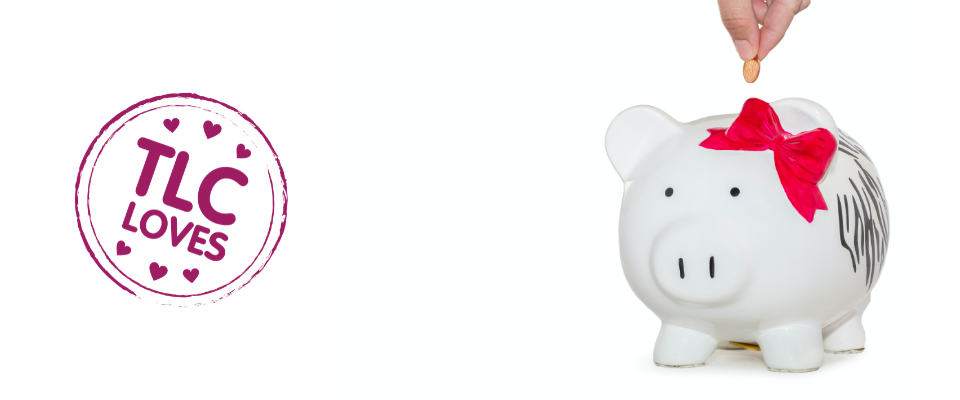Effectively managing your personal and company tax liabilities
8th July 2020

Nobody likes to get a big bill from HMRC. In the grand scheme of people and companies you could owe money to, they are the one institution it’s not worth playing chicken with. You will not win.
But when you’re running a busy limited company, or are an in-demand freelancer, what’s the easiest way to make sure that you have enough money for cashflow and to cover your tax liabilities?
A dedicated company savings account
The easiest way to not spend the money you need to cover your or your company’s tax liability is to move it into a separate account as soon as the money lands in the company account.
We can help you figure out the right percentage to set aside. If you are VAT-registered, you’ll need to put aside the money for that as well as some to cover corporation tax.
For the self-employed, you’ll need enough to cover your personal tax liabilities and self-employed National Insurance contributions, plus extra if you’re also VAT registered.
Your VAT, personal and corporation tax liabilities are all reduced by what you spend – so any VAT you pay on purchases for your business is taken off your VAT bill, and other allowable expenses such as overheads, staff salaries, mileage and reasonable subsistence are taken off your final corporation tax or personal tax bills.
Because of this, you don’t have to put away the full 20% to cover VAT plus another 19% for corporation tax. If your company spends a lot of money on materials, staff salaries or other overheads which drive down your margins then you may only need to put away around 10% of the net amount of each invoice, plus an allowance for VAT.
Most limited companies delivering a service with a home-based director put away around 18% for corporation tax plus 19% for VAT.
If you’re self-employed, putting away around 33% to cover personal tax on profits and National Insurance would be about right.
Do I have to save it right away?
It’s wise to get in the habit of putting the money aside right from the start, but you might find that you need it to help with cashflow if you’ve just set up your business, or if you’ve been impacted by other things (such as pandemics!)
VAT payments are due every three months, one calendar month and seven days after the end of your VAT quarter. So if your VAT quarter runs January to March, your VAT payment will be due by 7 May. You get a few more days if you pay by direct debit.
In your first year as self-employed you’ll need enough money to pay your personal tax bill for that year. And if your bill is more than £1,000 you’ll need another 50% on account as your first payment (due on 31 January after you file the self-assessment tax return for which your liability is more than £1,000). You’ll then need to pay another 50% on account the following July. After that you pay your tax in two payments, 50% in January and 50% in June, with a balancing payment in January to reflect the difference between the tax you paid the year before on account and the profits you actually made.
Corporation tax isn’t due to be paid until nine months and one day after your company year end. Technically then, you could not put anything away in your first year of trading as a limited company and use the profit from your second year to cover your corporation tax liability. But you’d be stocking up problems for the future as you’d then need to find a whole year’s worth of corporation tax in your final year of trading.
Personal dividend tax is due on dividends paid to you as a company director. Similar to personal tax when you’re self-employed, if you owe more than £1,000 in dividend tax you will also need to pay the additional 50% on account before 31 January after the year in which your liability is more than £1,000. The second 50% would be due in the July after your tax return. After that you pay your tax in two payments, 50% in January and 50% in June, with a balancing payment in January to reflect the difference between the tax you paid the year before on account and the dividends you actually took.
Helping you manage your tax liabilities
Our friendly team can help you work out a reasonable percentage of income for you to save based on your circumstances. If you want help with managing your personal or company tax liabilities, just give one of us a call on 01937 534505.
